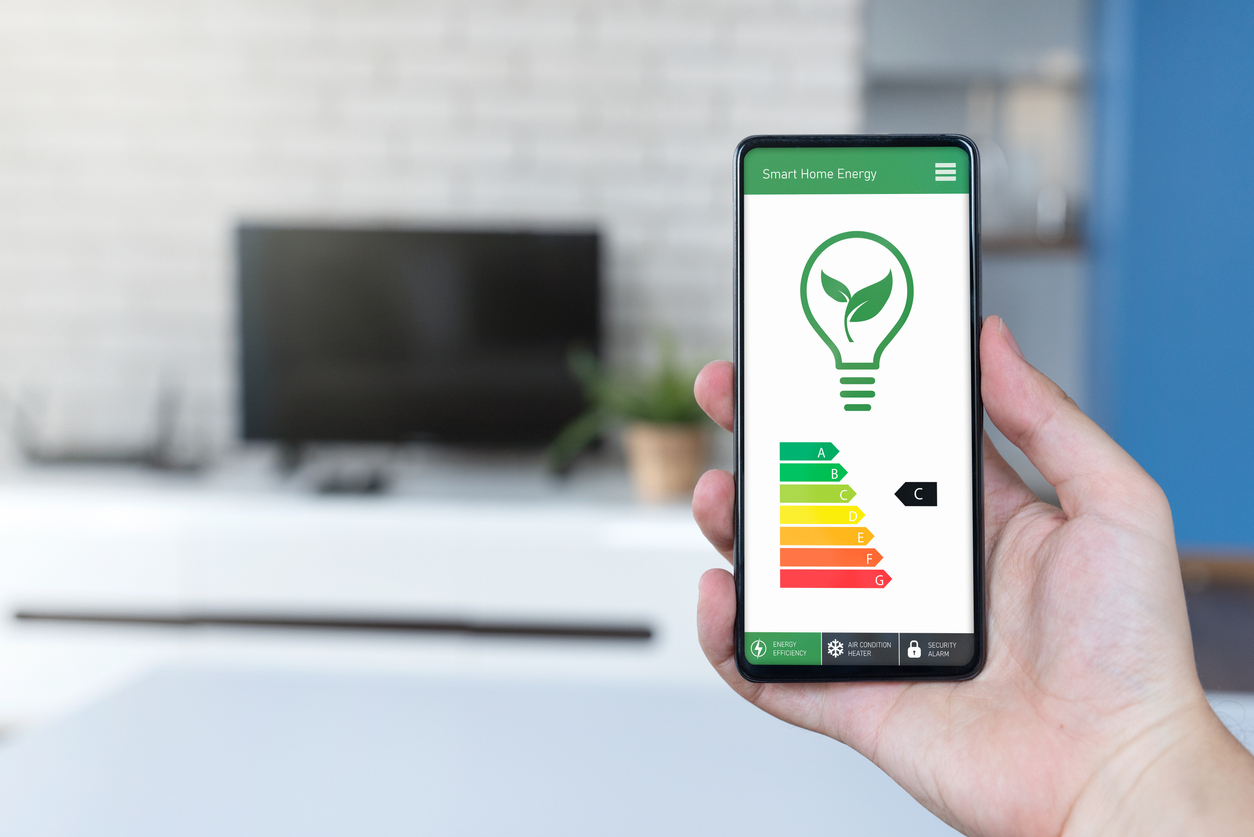Rental Property EPC Changes & Tips For Landlords
Posted on 31/03/2022
As a landlord you’ll no doubt be aware of the proposed changes to Energy Performance Certificate regulations for rental properties that are due to come into effect in 2025. These EPC changes could significantly impact your rental properties, and your income from them, but there are some simple steps you can take now to help mitigate any negative impact.

Originally introduced back in 2007, the role of the EPC was to clearly show a property’s energy efficiency rating and by law, all UK rental properties must have a valid EPC certificate.
Currently an EPC rating of E or above is all that’s required for buy-to-let properties but the new regulations, which stipulate a minimum rating of C for rental properties, is set to come into effect in 2025. With around 60% of homes in the UK thought to currently have a rating of D or lower, it’s clear that this could potentially impact many tens of thousands of UK rental properties.
Research cited by Money.co.uk back in August of this year found that a third of landlords were not confident about the ability of their properties to reach the required minimum C rating for new tenancies.
What can landlords do?
Determine how long you have left on your current EPC certificate (they are valid for 10 years) and work out when yours will come to an end. Think about the next time your property is due to be rated and whether it stands a good chance of continuing to achieve a rating of C or higher. If this is doubtful, or if your existing EPC is well below the C rating, you’ll need to take steps now to mitigate any potential negative impact you might face come 2025.
Of course, if you have rental properties that currently have a rating of D or below, you’re likely to need to take significant steps to improve the energy efficiency of those properties to ensure you can still rent them out after the changes come into effect.
Getting a head start now, means you can spread the potential work and cost, over the next couple of years, particularly if your properties are likely to need considerable work to improve their energy performance rating.

Don’t wait to improve your rental property EPC rating
Get work started now if you have properties that are rated D or below. Even if your property is currently rated C on a valid certificate, consider what might happen when it’s time to renew your EPC. You might find your property could dip below the standards necessary to retain your current C rating, in which case making improvements now could make sense.
Energy improvements can typically be made in all of the following areas:
- Glazing – upgrade windows and doors to good quality double or even triple glazing and seal any gaps to tackle draughts.
- Insulation – Both loft and wall insulation need to be considered and when upgraded, can significantly improve a properties energy efficiency rating.
- Heating – An old inefficient boiler won’t be doing a property any favours, upgrading to a new, more efficient boiler can really help lower energy consumption in a property.
- Appliances – Although their impact is smaller, highly rated appliances will all help cut down on the energy consumption inside a property. Look for A rated appliances when it’s time to replace things like cookers and fridge freezers.
- Lighting – Upgrade to LED lightbulbs throughout your property. Although LED bulbs cost a little more to buy they will typically continue working for well over a decade.
Did you know that using The Property Portal, you can quickly and easily arrange an Energy Performance Certificate for your rental properties online? Take a look at our EPCs to find out more.